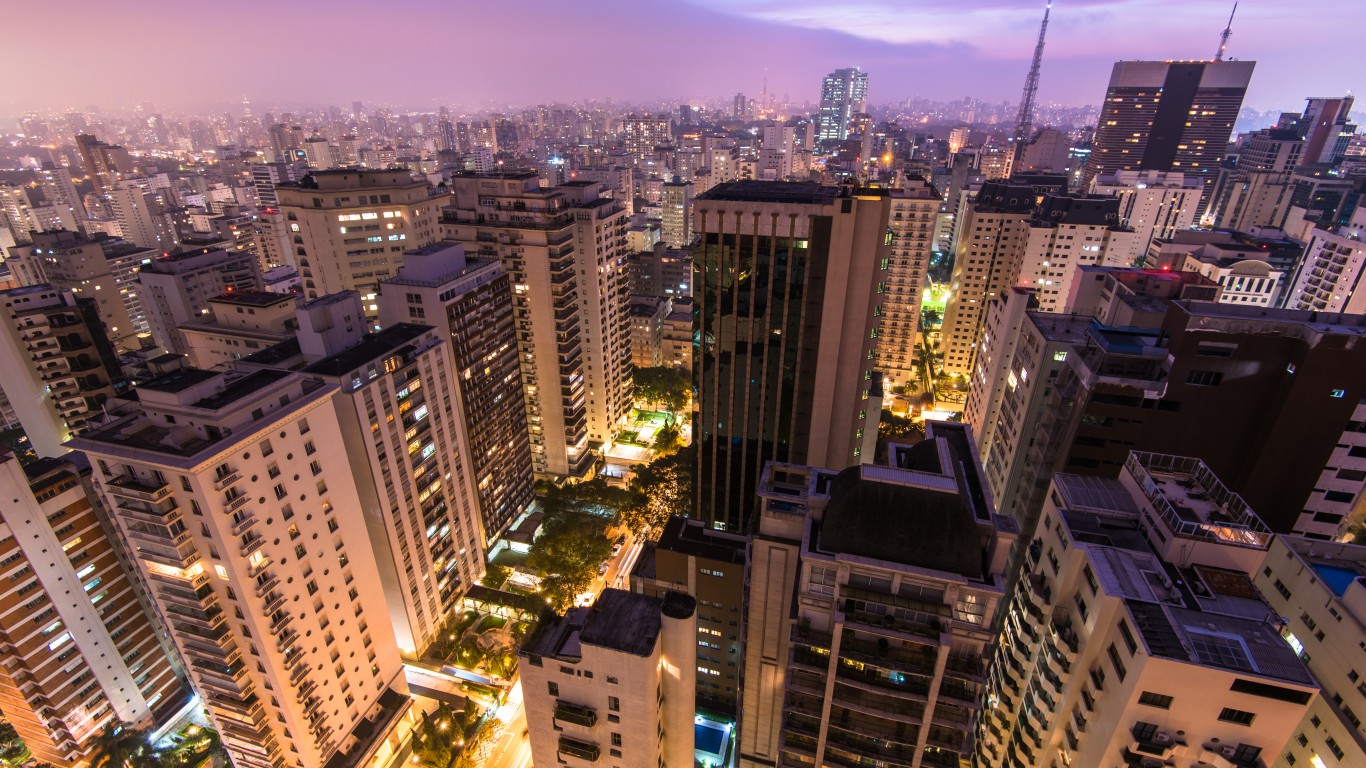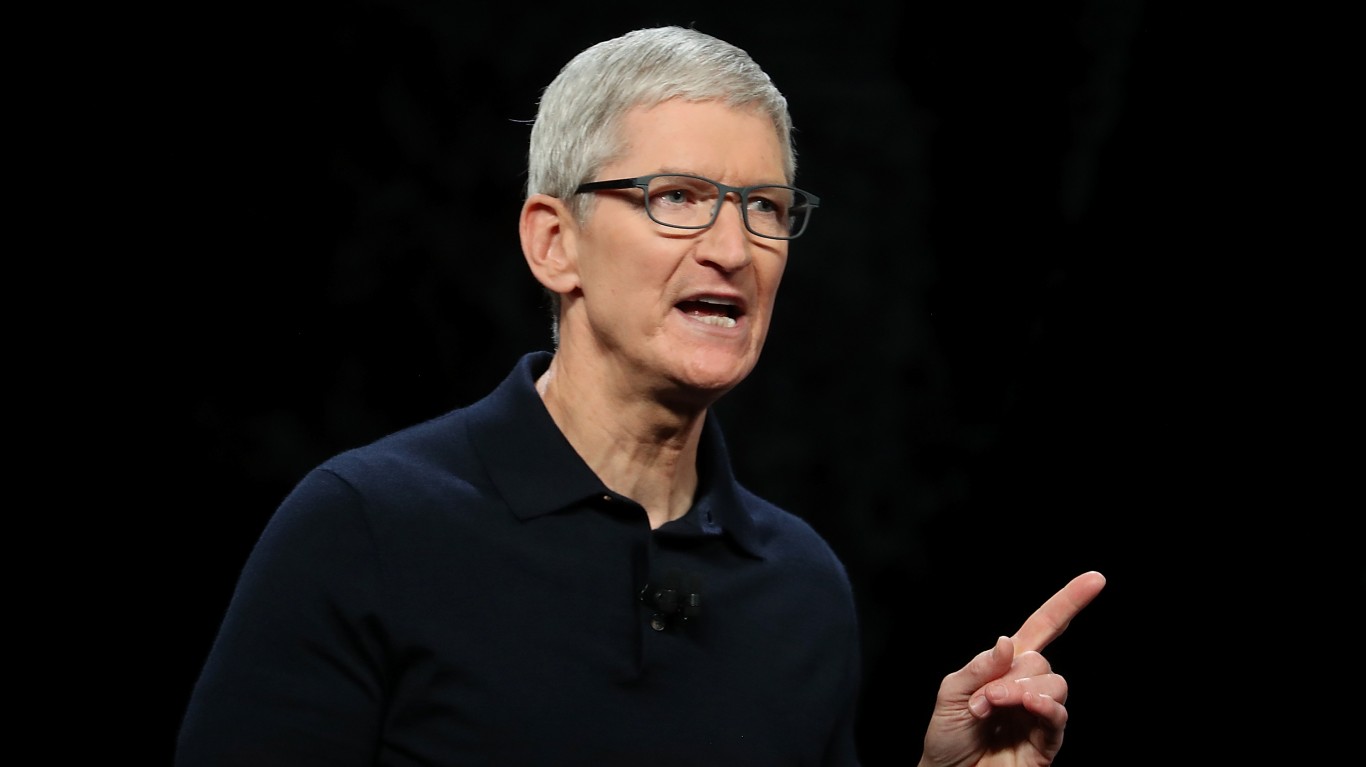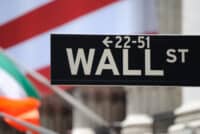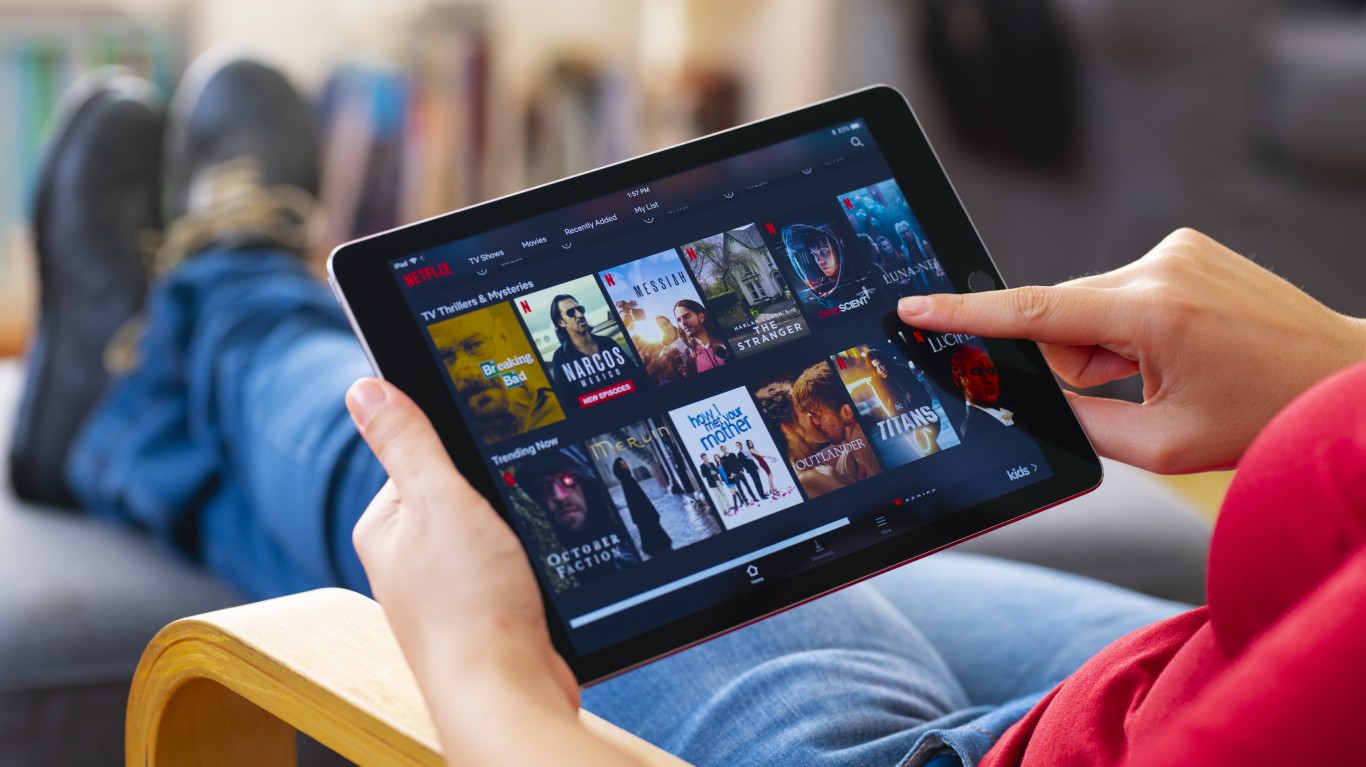
Investors looking to spice up their portfolios with Latin American exposure have a new fund to consider.
Global X launched the Global X Brazil Active ETF (BRAZ) on the NYSE Arca on August 18. The launch is a milestone for Brazil investing, as it marks the U.S. market’s first active single-country ETF that exclusively tracks the country.
BRAZ launched alongside another emerging market fund, the Global X India Active ETF (NDIA).
Global X said Brazil’s adept workforce, bountiful natural resources, and surging consumer market all portend well for growth. The firm sees Brazil as a particularly attractive cyclical opportunity thanks to a recent pivot from its central bank and new fiscal reforms.
Malcolm Dorson and Paul Dmitriev oversee the actively managed BRAZ. The portfolio managers claim their active strategy may give investors an edge by increasing their exposure to Brazil’s smaller, innovative growth stocks – as opposed to the lumbering state-owned enterprises that passive funds tend to hold.
Country of the Future?
Brazil is endowed with a wealth of natural resources, including vast farmland, minerals, and energy deposits. The country is a major exporter of commodities such as soybeans, iron ore, and oil and is well positioned to profit from rising global demand for these resources.
The country is also investing heavily in infrastructure and developing its renewable energy sector, which holds it in good stead for the green transition ahead. Already Brazil accounts for around 7% of global renewable output, while almost half of its own energy supply (and more than 80% of its electricity) comes from renewables.
With further development, these and other sectors could see accelerated growth.
Yet Brazil is no stranger to false starts. Despite enjoying heady growth in the 1970s, its economy soon ran out of steam and stagnated for decades. Often dubbed the “country of the future,” academics and analysts forever speculate whether it can live up to its much-vaunted potential. In 2009, the Economist magazine famously ran a front cover story with a rocketing Christ the Redeemer titled “Brazil takes off.” Four years later, it published the follow-up “ “Has Brazil blown it?” picturing the statue hurtling back down to Earth.
Just like in other emerging markets, unstable currencies, ballooning debt, and misguided policy can potentially spoil the party.
Prudent investors should also consider the corrosive effects of corruption and inequality, both of which are rampant in Brazil, as well as how natural disasters and trade disputes could disrupt the country’s growth trajectory.
So when all is said and done, will the tropical South American juggernaut finally have its moment in the sun?
So far this year the economy is outpacing experts’ forecasts, with gross domestic product (GDP) expanding at an annualized 4% in the opening business quarter. It has also been a bumper year for Brazil’s equities market. Brazil’s Bovespa, the country’s main benchmark index, has grown 8.5% over the same period, beating the MSCI emerging market average.
BRAZ has an expense ratio of 0.75% and is currently trading at around $25.
Travel Cards Are Getting Too Good To Ignore (sponsored)
Credit card companies are pulling out all the stops, with the issuers are offering insane travel rewards and perks.
We’re talking huge sign-up bonuses, points on every purchase, and benefits like lounge access, travel credits, and free hotel nights. For travelers, these rewards can add up to thousands of dollars in flights, upgrades, and luxury experiences every year.
It’s like getting paid to travel — and it’s available to qualified borrowers who know where to look.
We’ve rounded up some of the best travel credit cards on the market. Click here to see the list. Don’t miss these offers — they won’t be this good forever.
Thank you for reading! Have some feedback for us?
Contact the 24/7 Wall St. editorial team.





